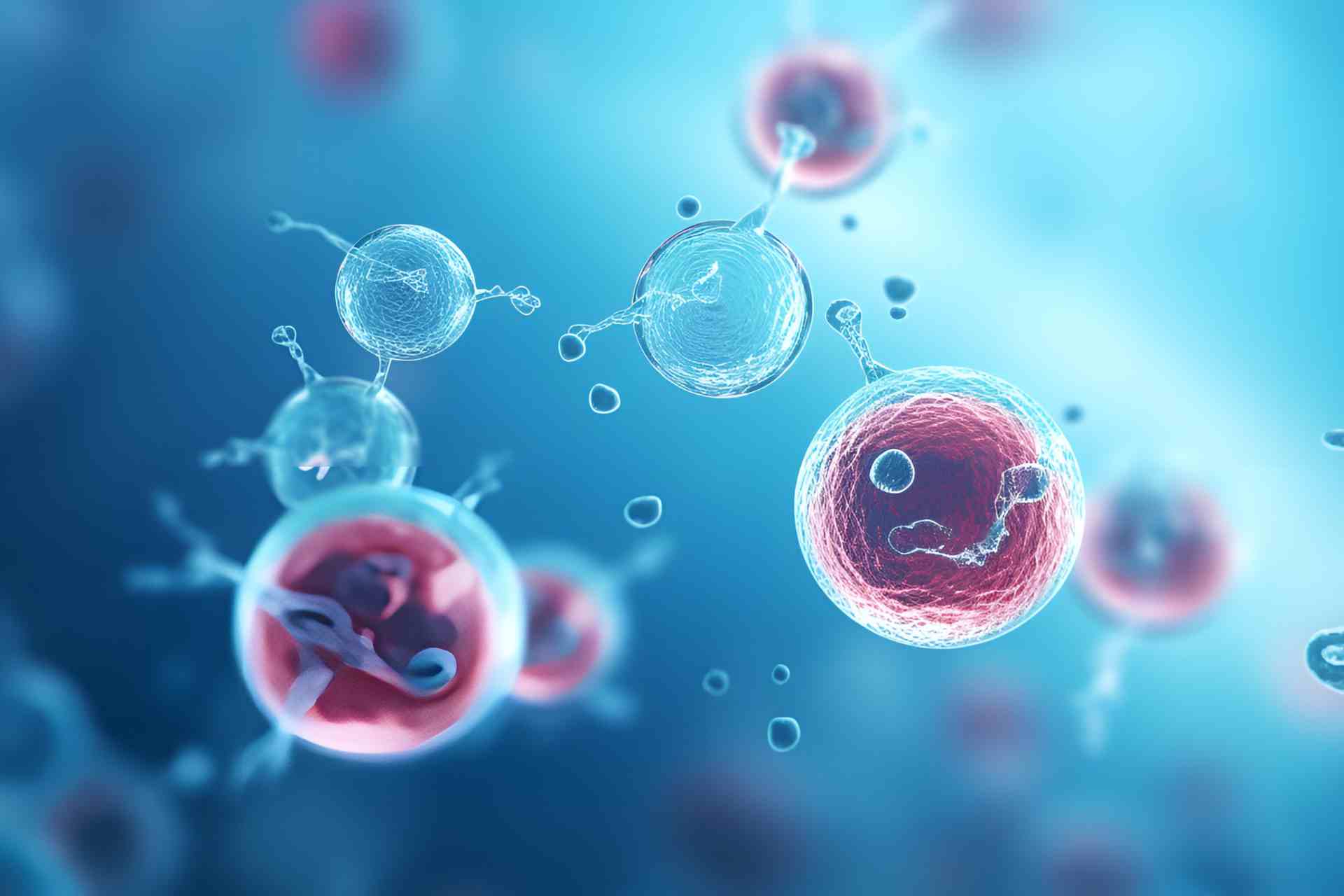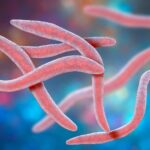What is already known
The gut microbiota has been shown to shape antitumor responses mediated by checkpoint inhibitors — a type of immunotherapy that releases a natural brake on the immune system so that immune cells recognize and attack tumors. But it’s unclear whether, and how, antibiotics can shift the outcomes of a particular class of checkpoint inhibitors called PD-1 inhibitors, which have proved successful in treating gastric cancer.
What this research adds
Researchers investigated the effects of antibiotics on 152 gastric cancer patients who were treated with PD-1 inhibitors. Compared with people who didn’t receive antibiotics before treatment with PD-1 inhibitors, those who received antibiotics were less likely to respond to immunotherapy and survived for a shorter period of time after immunotherapy. Antibiotics seemed to affect the composition of the gut microbiota and the patients’ immune responses in ways that altered their response to immunotherapy.
Conclusions
The findings suggest that antibiotics should be prescribed with caution in cancer patients who are planning to receive PD-1 inhibitors.
Checkpoint inhibitors are a type of immunotherapy that releases a natural brake on the immune system so that immune cells recognize and attack tumors. Now, researchers have found that antibiotics induce alterations of the gut microbiota and immune responses in cancer patients. These changes are associated with worse outcomes following treatment with a particular class of immune checkpoint inhibitors called PD-1 inhibitors.
The findings, published in Cell Reports Medicine, suggest that antibiotics should be prescribed with caution in cancer patients who are planning to receive PD-1 inhibitors.
PD-1 inhibitors block a molecule that shields cancer cells from attack, and they have shown promise in people with advanced gastric cancer — one of the most common cancer and the third most common cause of cancer death worldwide. However, this treatment doesn’t work in every patient.
Previous research indicated that the gut microbiota shapes antitumor immune responses mediated by checkpoint inhibitors. But whether, and how, antibiotics can shift the outcomes of PD-1 inhibitors in gastric cancer is unclear.
So, researchers led by Chang Gon Kim at Yonsei University College of Medicine in Seoul, Korea, set out to investigate the effects of antibiotics on 152 cancer patients treated with PD-1 inhibitors.
Actionable target
Of the 152 patients treated with PD-1 inhibitors, 137 had received antibiotics between the initial diagnosis of advanced gastric cancer and the immunotherapy treatment.
Compared with people who didn’t receive antibiotics before treatment with PD-1 inhibitors, those who received antibiotics were less likely to respond to immunotherapy. Antibiotic treatment was also associated with lower survival after immunotherapy, the researchers found.
“[Prior antibiotic] administration represents a therapeutically actionable target for patients planning to undergo treatment with PD-1 inhibitors,” the authors say.
Microbial dysbiosis
To further investigate the association between antibiotics and worsened clinical outcomes, the researchers analyzed stool and blood samples from patients with advanced gastric cancer. The samples were obtained before treatment with PD-1 inhibitors.
Antibiotics profoundly affected the overall composition of the gut microbiota, leading to reduced diversity. Higher microbial diversity and abundance of Lactobacillus gasseri were associated with longer survival after immunotherapy, the researchers found. Immune responses were also altered in people who received antibiotic treatment before PD-1 inhibitors.
“Our translational analysis provided mechanistic evidence that [prior antibiotic] administration induces microbial dysbiosis and altered systemic immune responses, contributing to the detrimental outcome of PD-1 blockade in [advanced gastric cancer],” the authors say.











